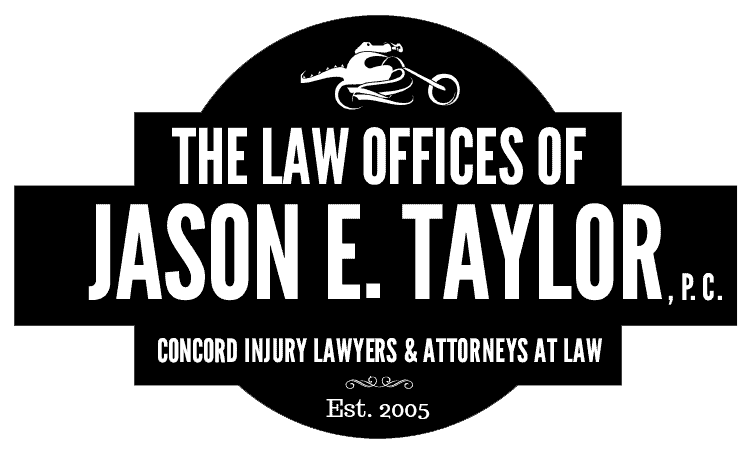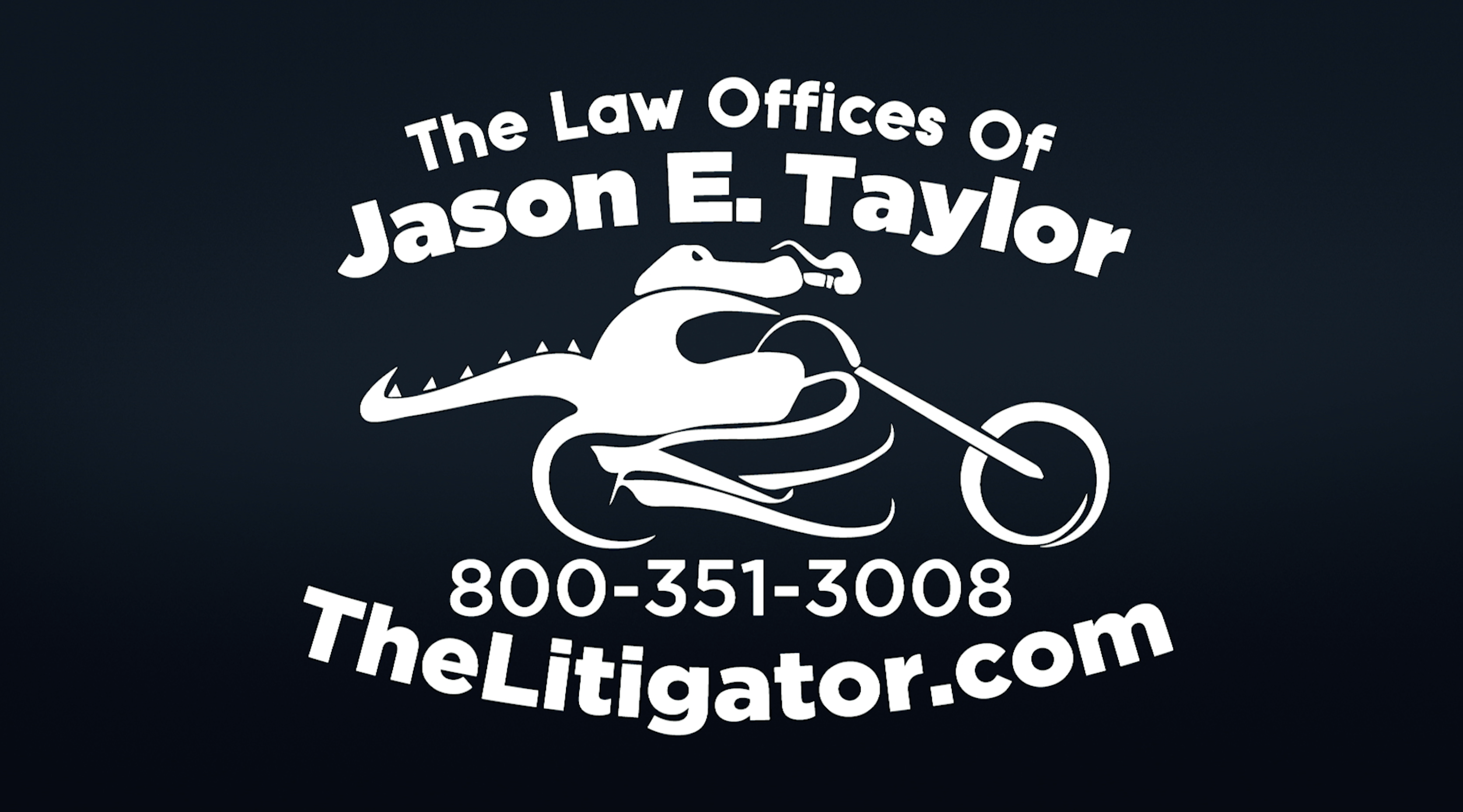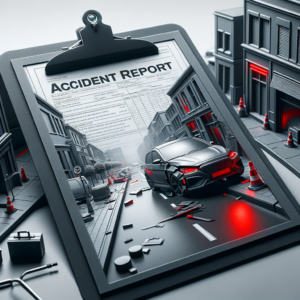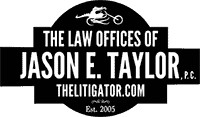Causas más comunes de accidentes de peatones en Carolina del Norte
Si tomó el Rider Transit para ir de compras o al lugar de trabajo, es probable que haya visto un accidente automovilístico en su viaje diario. Si bien estos accidentes son ciertamente alarmantes, es aún más desalentador considerar la posibilidad de estar involucrado en un accidente de peatones.
Estas son algunas de las causas más comunes de accidentes de peatones en Carolina del Norte:
- La conducción distraída incluye cualquier cosa que desvíe la atención del conductor de la carretera. Esto puede incluir enviar mensajes de texto, hablar por teléfono, comer, beber, cambiar la estación de radio y más.
- El exceso de velocidad es otra de las principales causas de accidentes de peatones. Cuando los conductores están acelerando, tienen menos tiempo para reaccionar ante los peatones en la calzada.
- Conducir bajo la influencia del alcohol o las drogas también es una de las principales causas de accidentes de peatones. Este impedimento puede dificultar que los conductores vean a los peatones y tomen decisiones en una fracción de segundo.
- No ceder el paso: Según la ley de Carolina del Norte, los conductores deben ceder el paso a los peatones que cruzan la calle en un cruce de peatones o intersección. Sin embargo, muchos conductores no hacen esto, lo que resulta en lesiones graves y accidentes automovilísticos.
Lesiones de accidentes de peatones
Los accidentes de peatones pueden provocar muchas lesiones, desde raspaduras y hematomas menores hasta lesiones que ponen en peligro la vida. Algunas de las lesiones de accidentes de peatones más comunes incluyen:
- Lesiones en la cabeza: Las lesiones en la cabeza son algunas de las lesiones más comunes sufridas en accidentes de peatones. Esto se debe a que los peatones no tienen protección contra la fuerza de un vehículo que los golpea.
- Lesiones cerebrales: Las lesiones cerebrales pueden variar desde conmociones cerebrales hasta lesiones cerebrales traumáticas más graves. Estas lesiones pueden provocar complicaciones a largo plazo, como pérdida de memoria, dificultad para hablar y más.
- Lesiones de la médula espinal: Las lesiones de la médula espinal pueden causar parálisis por debajo del nivel de la lesión. Esto significa que las víctimas pueden perder la capacidad de caminar, usar los brazos y más.
- Huesos rotos: Los huesos rotos también son comunes en los accidentes de peatones. Estas lesiones pueden requerir cirugía y un largo período de recuperación.
Si ha resultado lesionado en un accidente peatonal, es importante buscar atención médica lo antes posible. También debe comunicarse con un abogado de lesiones personales para analizar sus opciones legales.
Qué hacer después de un accidente de peatón en Concord, NC
Si está involucrado en un accidente peatonal, hay ciertos pasos que debe seguir para proteger sus derechos. En primer lugar, es importante que busque atención médica lo antes posible. Esto asegurará que sus lesiones sean documentadas y tratadas. También es importante ponerse en contacto con la policía y presentar una denuncia. El informe policial se puede usar como evidencia en su reclamo por lesiones personales.
También debe tomar fotografías de la escena del accidente, si es posible. Estas imágenes se pueden usar para mostrar cómo ocurrió el accidente y quién tuvo la culpa. También es importante obtener la información de contacto de los testigos del accidente. Los testigos pueden proporcionar un testimonio valioso sobre lo que sucedió y quién tuvo la culpa.
Finalmente, debe comunicarse con un abogado de lesiones personales para analizar sus opciones legales. Un abogado experimentado puede ayudarle a comprender sus derechos y opciones bajo la ley. También pueden ayudarlo a navegar el complejo proceso legal y luchar por la compensación que merece.
Si usted o alguien a quien ama ha resultado lesionado en un accidente peatonal, comuníquese con los abogados de lesiones personales de Concord en Taylor | Serbin Injury Lawyers.
Responsabilidad en reclamos por lesiones personales de Concord
Para tener éxito en un reclamo por lesiones personales, debe probar que la otra parte tuvo la culpa del accidente. Esto puede ser difícil de hacer por su cuenta. Un abogado con experiencia en lesiones personales sabrá cómo investigar su caso y reunir las pruebas necesarias para respaldar su reclamo.
Por ejemplo, si lo atropelló un automóvil mientras cruzaba la calle, el conductor puede ser responsable de sus lesiones. Si el conductor estaba acelerando o no cedió el paso a los peatones, se puede considerar que tuvo la culpa. Si el conductor estaba bajo la influencia del alcohol o las drogas, también podría ser responsable.
En algunos casos, más de una parte puede ser responsable de sus lesiones. Por ejemplo, si lo atropelló un automóvil mientras caminaba por una calle mal iluminada, el conductor y la ciudad pueden ser responsables de sus lesiones. Un abogado con experiencia en lesiones personales sabrá cómo investigar su caso y determinar quién tiene la culpa.
Compensación disponible para víctimas de accidentes de peatones en Concord
Puede tener derecho a una compensación por sus lesiones si se lesiona en un accidente peatonal. Esta compensación puede incluir:
- Gastos médicos: es posible que pueda recuperar el costo de su tratamiento médico, incluida la hospitalización, la cirugía y más.
- Salarios perdidos: si no puede trabajar debido a sus lesiones, es posible que pueda recuperar los ingresos perdidos que hubiera obtenido si no se lesiona.
- Dolor y sufrimiento: Es posible que pueda recuperar una compensación por el dolor y el sufrimiento físico y emocional causados por sus lesiones. Esto puede incluir compensación por ansiedad, depresión y más.
Si ha resultado lesionado en un accidente peatonal, comuníquese con los abogados de lesiones personales de Las Oficinas Legales de Jason E. Taylor. Lucharemos por la compensación que merece.
Compensación por un Reclamo de Muerte Injusta
Si su ser querido murió en un accidente peatonal, es posible que pueda presentar un reclamo por muerte injusta. Este tipo de reclamo se presenta contra la parte responsable de la muerte de su ser querido. La compensación disponible en un reclamo por muerte por negligencia puede incluir:
- El costo de los gastos de funeral y entierro
- Facturas médicas
- Pérdida de ingresos y beneficios
- Pérdida de compañía y amor.
- Dolor y sufrimiento
¿Cuánto vale una demanda por lesiones personales de peatones en Concord?
El valor de un reclamo por lesiones personales de un peatón dependerá de muchos factores. Estos factores pueden incluir la gravedad de sus lesiones, el costo de su tratamiento médico y más. Con la ayuda de nuestros abogados de lesiones personales, puede obtener la compensación que merece por sus lesiones.
¿Cuánto tiempo tengo para presentar una demanda por lesiones personales por un accidente de peatones en Concord?
En Carolina del Norte, generalmente se debe presentar una demanda por lesiones personales tres años después de la fecha del accidente. Es posible que se le prohíba recuperar una compensación por sus lesiones si no presenta su demanda dentro de este plazo. El estatuto de limitaciones en su caso particular es una de las primeras cosas que debe discutir con su abogado.
Póngase en contacto con nuestros abogados de accidentes de peatones en Concord, NC hoy
Las Oficinas Legales de Jason E. Taylor es un bufete de abogados de lesiones personales que representa a víctimas de accidentes en todo Carolina del Norte. Tenemos experiencia en el manejo de muchos casos de lesiones personales de peatones que involucran conducción distraída, exceso de velocidad, conducción en estado de ebriedad y más. Lucharemos para obtener la compensación que merece por sus lesiones. Póngase en contacto con nosotros hoy para una consulta gratuita.









